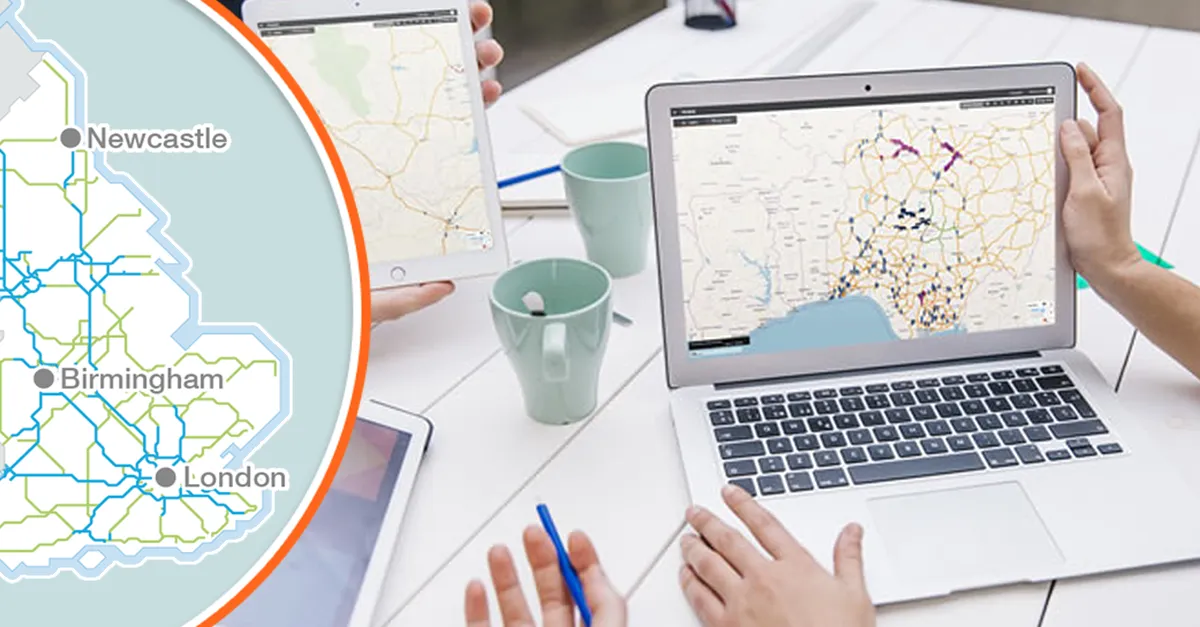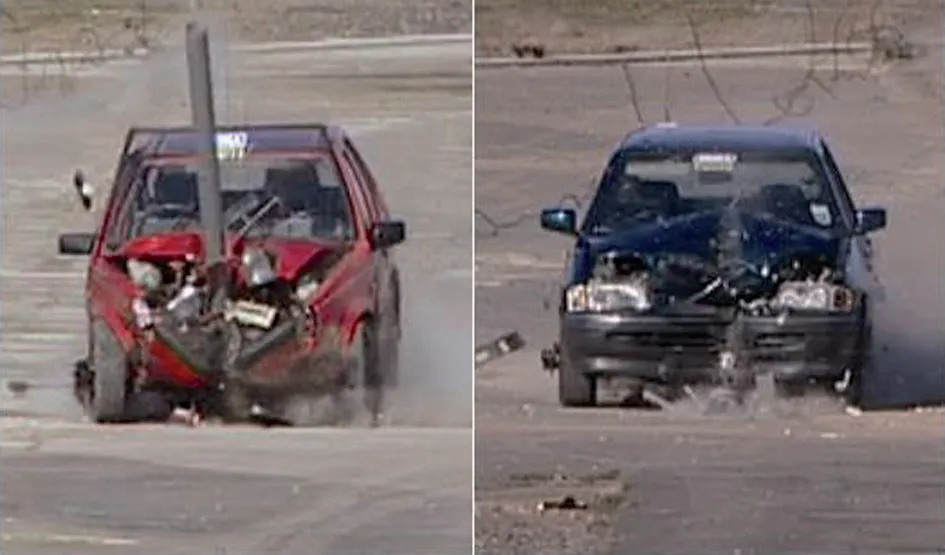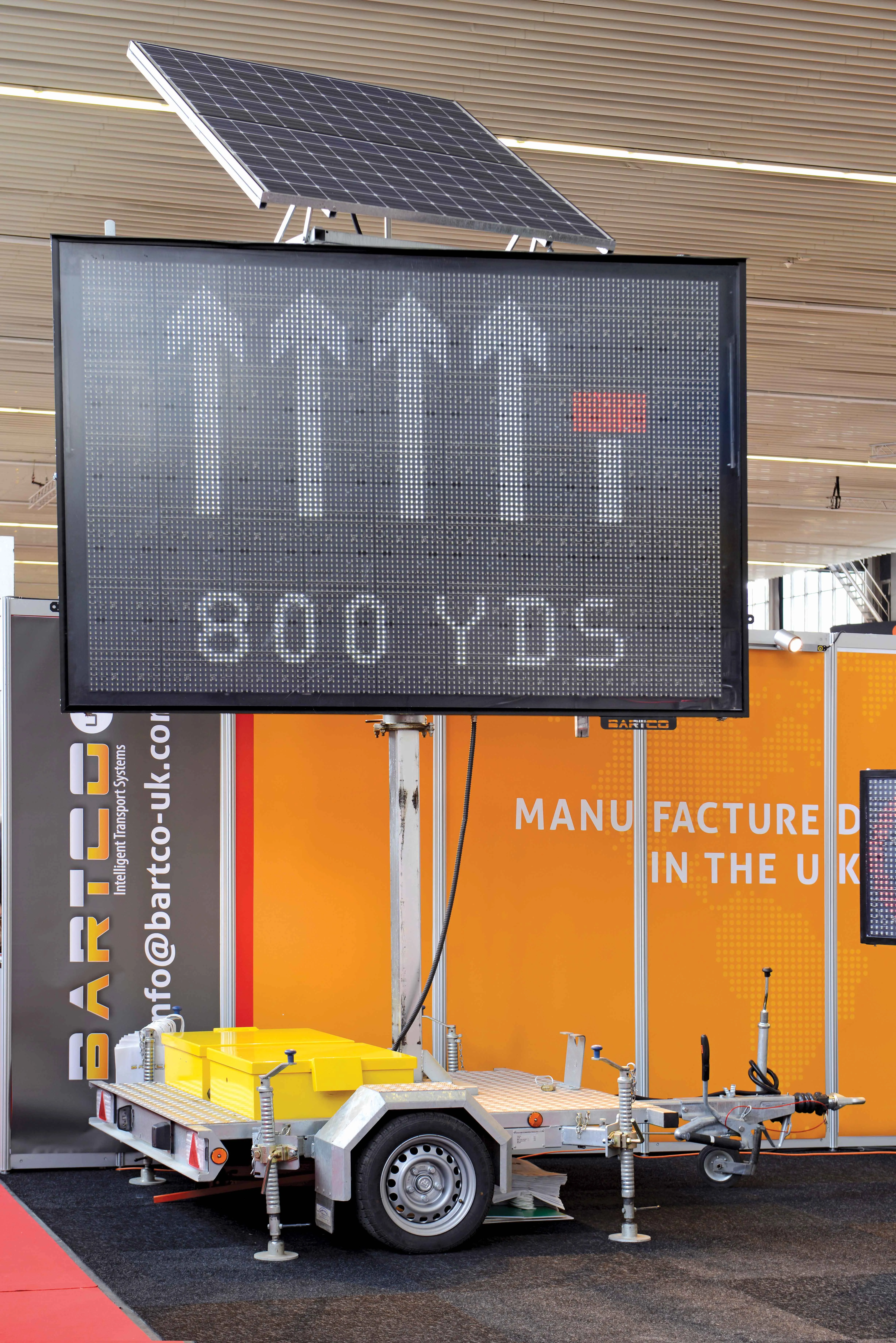A sophisticated system to evaluate in-vehicle safety has been developed by the Transport Research Laboratory (TRL) in the UK. The protocol is based around four key categories of assessment: Relevance, Deployment, Usability and Resilience. A product is scored in each category with an overall score determined to allow a TRL recommendation status to be given to the product. The evaluation protocol can be used to provide independent support for the claimed benefits of the evaluated product and/or to provide exp
August 19, 2015
Read time: 2 mins

A sophisticated system to evaluate in-vehicle safety has been developed by the Transport Research Laboratory (777 TRL) in the UK. The protocol is based around four key categories of assessment: Relevance, Deployment, Usability and Resilience. A product is scored in each category with an overall score determined to allow a TRL recommendation status to be given to the product. The evaluation protocol can be used to provide independent support for the claimed benefits of the evaluated product and/or to provide expert insights into ways in which a product may be improved to enhance its potential safety benefit and usability.
The first product to be subjected to this protocol was the ‘Driver Protection Application’ – a smartphone app developed by Romex that limits smartphone functionality when a vehicle is in motion, which achieved a TRL Highly Recommended status.
This system ensures that new technologies can be properly evaluated and that any claims made for their benefits substantiated.
The first product to be subjected to this protocol was the ‘Driver Protection Application’ – a smartphone app developed by Romex that limits smartphone functionality when a vehicle is in motion, which achieved a TRL Highly Recommended status.
This system ensures that new technologies can be properly evaluated and that any claims made for their benefits substantiated.








